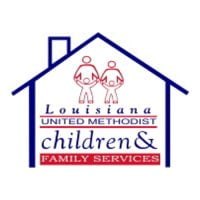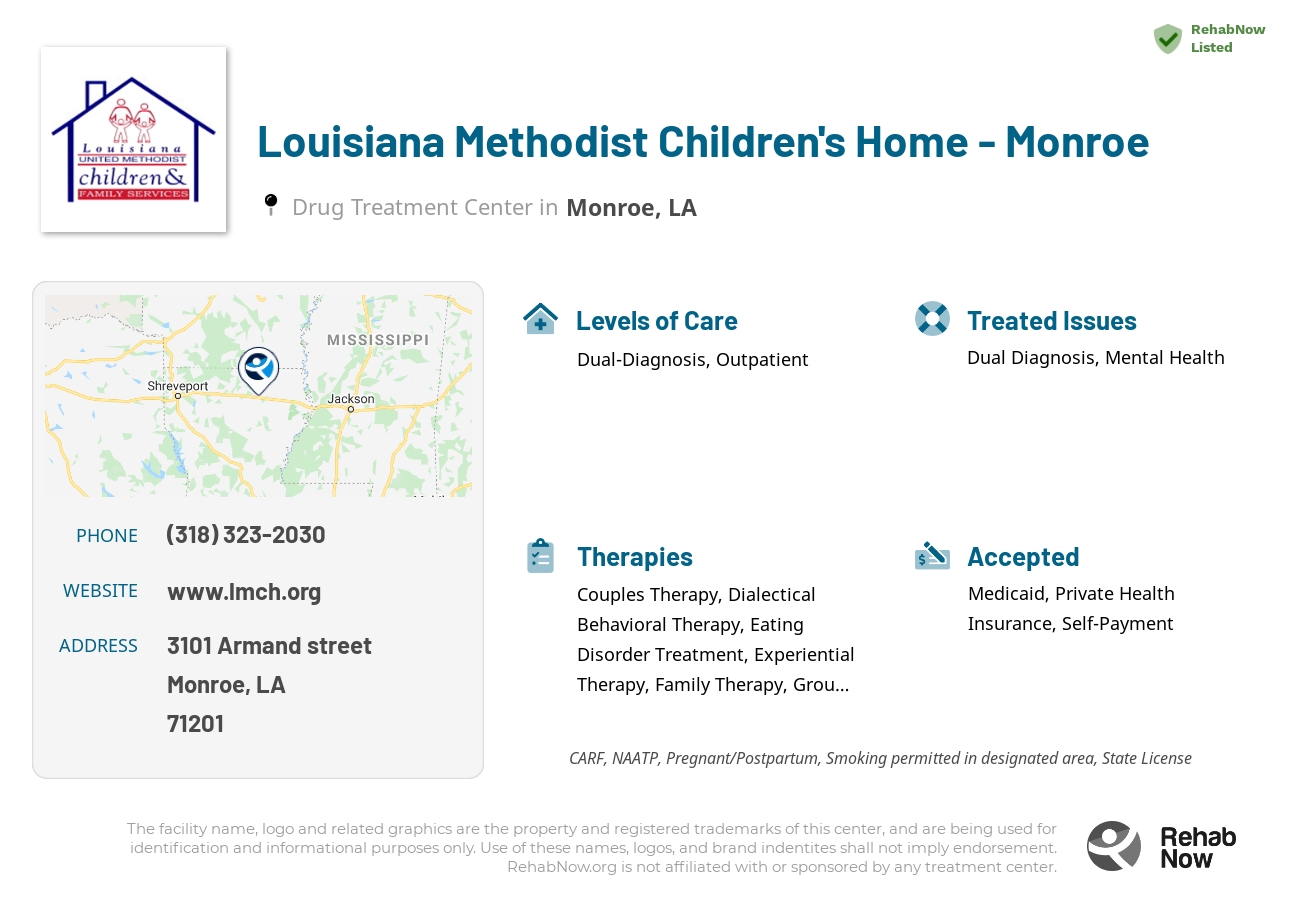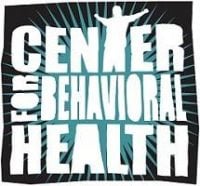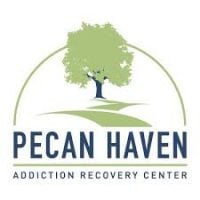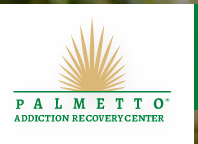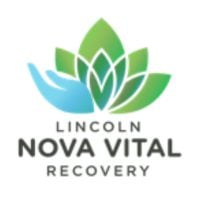Louisiana Methodist Children's Home - Monroe
Drug Rehab Center in Monroe, Louisiana
Louisiana Methodist Children’s Home – Monroe is a non-profit organization that provides personalized addiction treatment for individuals and families throughout Northeast Louisiana, offering a variety of evidence-based treatment options and individualized recovery plans to help them achieve their goals.
About This Louisiana Facility
Louisiana Methodist Children’s Home – Monroe is a non-profit organization that provides personalized addiction treatment for individuals and families throughout Northeast Louisiana. This facility is dedicated to helping individuals break free from the crippling cycle of substance abuse and addiction, offering a variety of evidence-based treatment options and individualized recovery plans to help them achieve their goals. Through a combination of holistic care, psychotherapy, medication and other wellness-oriented services, Louisiana Methodist Children’s Home – Monroe helps individuals and families build the skills and resources needed for positive and lasting lifestyle changes.
Louisiana Methodist Children’s Home – Monroe offers a full spectrum of addiction treatment services, including medical detoxification, residential rehabilitation, intensive outpatient, aftercare and aftercare counseling, family therapy, and comprehensive relapse prevention. They also provide specialized recovery services such as gender-specific therapy, educational and recreational activities, and life skills training. To ensure that their clients receive the best possible care, Louisiana Methodist Children’s Home – Monroe utilizes certified and licensed counselors and medical professionals, as well as supports from local volunteer organizations.
In addition to providing addiction treatment services, Louisiana Methodist Children’s Home – Monroe is accredited by the Council on Accreditation and is licensed by the Louisiana Department of Health and Hospitals. This facility also offers a variety of awards and commendations from local and state governments, as well as recognition from the Louisiana Office of Mental Health and Substance Abuse. Louisiana Methodist Children’s Home – Monroe also offers a specialized program for parents and guardians, designed to provide them with the skills and resources needed to help their loved ones through recovery and build a more lasting and meaningful life.
Genders
Ages
Modality
Additional
Conditions and Issues Treated
Dual-Diagnosis
Dual Diagnosis refers to someone who is both dealing with addiction and another mental health issue.
There are different kinds of Dual Diagnosis: A person who simultaneously experiences both a mental illness and an addiction disorder. Or, a person who experiences one or more coexisting (simultaneous) mental health conditions in addition to a primary substance use disorder.
Some conditions that commonly co-occur with addiction include:
- Personality Disorders (Borderline, Narcissistic)
- Mood Disorders (Bipolar Disorder, Depression, Anxiety Disorder)
- PTSD (Post Traumatic Stress Disorder), OCD (Obsessive Compulsive Disorder), ADHD (Attention Deficit Hyperactivity Disorder)
- Schizophrenia, Psychosis, Hallucinations, Delusions
Levels of Care Offered at Louisiana Methodist Children's Home - Monroe
This center offers a variety of custom treatment tailored to individual recovery. Currently available are Dual-Diagnosis, Outpatient, with additional therapies available as listed below.
Monroe, LA Outpatient Program
Outpatient treatment programs provide drug and alcohol addiction treatment through individual sessions with a counselor, group therapy, 12-step meetings, and other activities to help individuals gain sober living skills. Most programs are designed for those individuals who have completed a medically supervised detoxification program and provide opportunities for clients to begin the process of early recovery.
Outpatient programs also offer a level of medical support as needed and psychological backing through therapy. Clients are encouraged to live at home, though there may be some flexibility regarding this requirement based on the circumstances and needs of each patient.
Outpatient treatment is perhaps the most common type of dual diagnosis program available. It does not pose a significant financial burden on patients. However, it is essential to note that outpatient treatment does not provide the support and supervision given in residential programs. Some addicts may need this level of support to maintain their sobriety.
Therapies & Programs
Individual Therapy
Therapy sessions focused on the individual addict can provide much-needed guidance as they work toward overcoming their addiction. These types of sessions typically involve guidance from a therapist, who will help addicts identify and process their feelings and cravings.
During these sessions, addicts may develop plans for coping with the triggers that typically lead to relapse and learn how to avoid those triggers during their recovery process.
Couples Therapy
If you are looking for drug recovery, couples therapy can be a great option. This type of therapy can help rebuild trust and joy in relationships that may have been damaged by addiction. It can also help reduce the dysfunctional behavior in a relationship that may trigger addiction. A patient’s partner will be involved in the process. They can also benefit from therapy, especially if they are trying to live with an addict.
Family Counseling + Therapy
The main goal of family therapy for drug addiction is to create an environment where communication can occur without judgment, hostility, or blame that often occurs within a family.
Family therapy is a type of group problem-solving that aims to improve communication and relationships between the patient, their family, and sometimes friends. The therapist is with the family as they learn to communicate with each other differently, especially with the addict when s/he is using.
The family can learn to reduce their enabling behavior or rally together and support each other during tough times. The patient also learns how to deal with their addiction and maintain sobriety while interacting with the family.
Different types of addiction treatment services are available. Within this article, group therapy is of interest due to its high success rate compared to individual therapy. Group therapy settings are beneficial because they allow recovering addicts to build a strong support network.
Benefits of group therapy are:
- Reduces feelings of isolation
- Immediate access to social support in the form of fellow addicts in recovery
- Lowers risk of relapse
- Increases rate of sobriety
- Builds coping skills that can be applied to everyday life
Trauma Therapy is a form of therapy that involves working with a patient to help them process and understand the past trauma(s) in their life. The idea behind it is that while some people can experience traumatic events and not have lasting psychiatric symptoms, many others will. In these cases, memories of the event get hidden from consciousness but continue to influence how the person processes and copes with things in their life. They may avoid situations that resemble what happened or become suddenly angry or irritated to a situation that reminds them of a past event.
With the help of a therapist, people can go back over memories and experiences. This helps them understand why they are having problems coping with certain situations and how they can change how they think and react to things. This therapy is typically done using techniques such as visualization, discussion, and writing down thoughts and feelings.
Trauma therapists will work with clients to help them understand their past and present relationships. Many times, patients may believe that something is inherently wrong with them or that they are unworthy of love. A therapist aims to correct these negative feelings and behaviors by helping the person realize that their actions do not reflect who they truly are.
One of the main goals of trauma therapy is to help clients express their emotions and talk about what they are feeling. This benefits both to increase awareness of how certain events have impacted them in the past and enables patients to realize that they can make changes in their lives.
REBT stands for rational emotional behavior therapy. This type of cognitive-behavioral therapy, or CBT, combines images with thoughts and behaviors to provide deep self-help education in the process of recovery from addiction.
It’s important because it allows one recovering addict to work through their issues on their knowledge they have support if needed.
Rational Emotive Behavioral Therapy (REBT) is based on the idea people operate under many irrational but habitual patterns of thought which fuel harmful practices and feelings. As one learns to identify these destructive patterns, one can replace them with healthier thoughts and behaviors.
Good nutrition can be difficult for people recovering from addiction because they may not feel like eating while they are experiencing the physical and emotional side effects of detoxing.
Nutrition therapy can help addicts in the following ways:
- Helps individuals to understand which foods promote good health and support recovery that will assist them during detox
- Provides guidance and education in Monroe, Louisiana about how to maintain a nutritious diet so they can stay healthy during recovery
- Improves their overall health and well-being, which can reduce the severity of substance withdrawal symptoms.
Patient Experience
Experiential Therapy at Louisiana Methodist Children's Home - Monroe
Experiential therapy is a form of psychotherapy where patients are asked to engage in activities such as role-play, poetry writing, music composition, exercising, or journaling to help process intense feelings. The aim of the therapy is to help patients access deeper, often hidden emotions by helping them explore their own body and mind.
Payment Options Accepted
For specific insurance or payment methods please contact us.
Is your insurance accepted?
Ask an expert, call (888) 674-0062
Louisiana Methodist Children’s Home Associated Centers
Discover treatment facilities under the same provider.
Learn More About Louisiana Methodist Children’s Home Centers
Additional Details
Specifics, location, and helpful extra information.
Monroe, Louisiana 71201 Phone Number(318) 323-2030 Meta DetailsUpdated November 25, 2023
Staff Verified
Patient Reviews
There are no reviews yet. Be the first one to write one.
Monroe, Louisiana Addiction Information
Louisiana is one of the top ten states in the nation for opioid-related deaths. One in ten high school students admits to regularly using prescription opioids for non-medical purposes. More than 225,000 Louisiana residents admit to regular heavy drinking and around 6% of the Louisiana population abuses alcohol. Marijuana use in Louisiana is most common amongst teenagers between the ages of 12 and 17 years old.
The drug addiction problem in Monroe, Louisiana is a serious one. 8.9% of adults in Monroe are current users of illicit drugs, while 6.6% use alcohol on a regular basis. There were over 100 hospitalizations related to drug abuse in 2019 alone. The use of synthetic marijuana and K-2 or Spice is also a major issue in the area. Common types of drug rehab programs include inpatient and outpatient programs.
Treatment in Nearby Cities
- Kenner, LA (206.6 mi.)
- Jackson, LA (127.7 mi.)
- West Monroe, LA (3.5 mi.)
- Tulsa, LA (335.5 mi.)
- Aitkin, LA (972.4 mi.)
Centers near Louisiana Methodist Children's Home - Monroe
The facility name, logo and brand are the property and registered trademarks of Louisiana Methodist Children's Home - Monroe, and are being used for identification and informational purposes only. Use of these names, logos and brands shall not imply endorsement. RehabNow.org is not affiliated with or sponsored by Louisiana Methodist Children's Home - Monroe.

